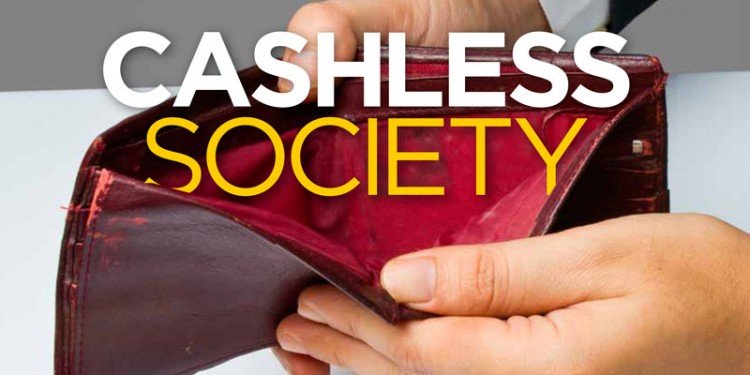The results of a new survey show that young people clearly prefer to pay for goods with cash. Is this generation delaying a digital payment revolution? Louisa Buckingham investigates.
At First Capital Cashflow, some of our recent research has cast doubt over suggestions that it is older members of society who are most reluctant to embrace a digital payment revolution. We found that 18 to 24 year-olds have actually been slow to adopt online wallet payment solutions such as Apple Pay.
Given the relationship young people have with technology in general, the surprise findings from the survey included the fact that 18 to 34 year-olds are actually the most likely to pay for
goods or services with cash (67% of those polled), whereas older generations appear to be more comfortable using plastic – especially credit cards.
PREFERRED METHODS
Overall, debit cards were found to be the UK’s preferred method of payment, attracting 39% of the vote, followed by cash at 32%. Credit cards accounted for 15%, while 10% favoured online wallet solutions and 3% still routinely used cheques.
Research by Payments UK – ‘UK Payment Markets 2016’ – found that on average, UK adults made around 10% of their 20 card payments each month via contactless.
Use of debit, credit and charge cards is expected to rise to 30 times per month on average by 2025 according to the report, 14 of which will be contactless. Many of these payments will be facilitated via smartphones, negating the need for consumers to carry their physical cards with them.
Online and mobile banking will continue to produce a rise in Faster Payments, with a forecasted 1.9 billion forward-dated payments expected to be made in 2025.
While this highlights the growing prominence of card payments, the fact that almost one in three people still swears by coins and notes shows that in the UK we’re still a long way from
becoming a ‘cashless society’.
SIGN OF THE TIMES?
It is the demographic differences that caught the eye in particular, with some of the results showing that we shouldn’t be too quick to make assumptions about which age groups are failing to move with the times.
Our research highlighted a number of other important issues. Only 6% of 18 to 24 year-olds said they were likely to use online wallets to pay for goods.
When it comes to credit cards, it is the over-45s who prefer this method of payment, with an overwhelming 77% of those polled stating this was their number one way to pay. And looking
at the difference between the sexes and their payment habits, our research found that men (34%) are more likely to buy items using cash than women (22%).
AGE-OLD PROBLEM
We are quick to assume that it is older people who need the most convincing to give up on antiquated forms of payment, but this is not necessarily the case. While our survey showed that those aged 55+ are still most likely to use cheques, the results also found that 18 to 24 year-olds are four times as likely to use cheques than those aged between 45 and 54.
Cheque use has been on the decline in the UK for many years. In 2015 there were over 500 million cheques written, a reduction of 13% on 2014 according to industry body Payments UK. Back in 2009, a plan was announced to phase out cheques completely in this country by 2018, but this has been shelved due to the fact they are still relied upon as a valid means of payment by people of all ages.
It is quite surprising to see such little uptake of modern technology like PayPal and Apple Pay among the youngest age group, but as more variations of this technology come to market, uptake will inevitably increase.
PAPERLESS PAYMENTS
As we become a real-time society in so many other areas of our lives, it’s vital that people of all ages are made aware of the benefits of using more advanced forms of payment. It is not just for the benefits of the banks, though; there are demonstrable benefits for customers too.
At the moment it can take the best part of a week for a cheque to clear, and this is causing problems for businesses and consumers alike. With the Payments UK report showing that 85% of current account holders used Direct Debit payments in 2015, there is limited scope for growth, although there is still expected to be a rise of 0.4 billion payments per year by 2025.
We live in an instant world and people’s expectations have changed when it comes to their finances. We want to have access to funds straight away, and the only way to achieve this
is to speed up the ongoing migration away from outdated payment methods towards more convenient paperless payment options.
While the UK won’t be saying goodbye to cheques or cash any time soon, innovation within the payments sector could certainly influence a new generation of payment habits.

